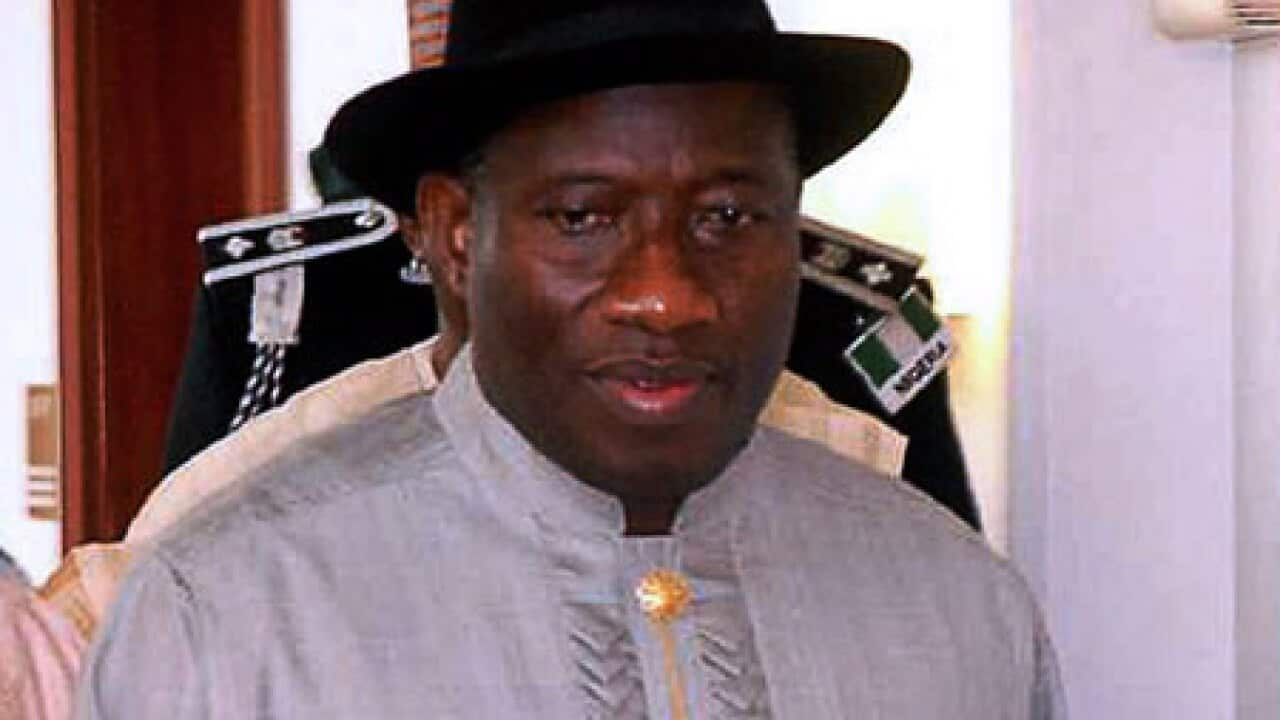Nigeria's presidential vote appears to have allowed Africa's most populous country to turn a page on years of badly flawed polls, but deepening regional divisions pose a new risk, analysts have said.
Saturday's election, while well short of perfect, was peaceful in most of the country and reasonably well-organised, observers said, without the blatant rigging and ballot-box snatching of previous years.
President Goodluck Jonathan appeared on course to take a first-round victory in the election, with results from most states giving him a wide lead.
But they also showed divisions between the mainly Muslim north and predominantly Christian south, raising concerns in a country of some 250 ethnic groups and with a population roughly split between the two religions.
Jonathan scored especially well in his native south, while his main challenger, ex-military ruler Muhammadu Buhari, picked up states in the north.
A coalition of local observers noted problems that included instances of underage voting, exceptionally high turnout figures and allegations of "massive ballot box stuffing".
But when compared to the 2007 presidential election, widely viewed as hopelessly flawed, observers and analysts said there was a vast improvement in Africa's largest oil producer.
"Generally, the consensus is that this is a huge departure from the failure of 2007," said Clement Nwankwo, a respected activist and coordinator for a local group of observers.
"People get the sense that the votes are coming in and they are being counted, and people are expectant in terms of seeing results.
"You get a sense from the trickles of results that are coming that there are gains and losses for all of the parties across the different collation centres."
Western nations and rights groups have pushed for improvements in Nigeria, a powerhouse in West Africa with heavy influence in many parts of the continent.
It was instrumental in maintaining pressure on Ivory Coast strongman Laurent Gbagbo to quit power, and its vast oil wealth gives the country further strategic importance, with Nigeria one of the main suppliers of US crude imports.
The country has supplied peacekeeping troops for an array of conflicts.
But the last time Nigeria held a presidential election widely viewed as free and fair was in 1993. Military ruler Ibrahim Babangida annuled that vote, eventually leading to dictator Sani Abacha's rise to power.
The three previous presidential elections since a return to civilian rule in 1999 were viewed as flawed in varying degrees -- with the 2007 vote that saw Umaru Yar'Udua elected judged as particularly poor.
Observers said that year was rife with ballot box stuffing, voter intimidation and vote buying.
While there was sporadic violence on Saturday, millions of enthusiastic voters turned out and waited patiently at polling places, many saying they were there to be part of history in the making.
Kole Shettima, chairman of the Centre for Democracy and Development think tank, called Saturday's vote a "remarkable improvement in terms of conduct of the electoral officials and behaviour of the electorate."
The proof could be seen in the oil-producing Niger Delta region, notorious for voter intimidation and ballot-box snatching in previous years.
Voters showed up both with hopes that Jonathan, a native of the region, would win, but also that their ballots would finally be counted.
"In the recent past, the people's choice was not allowed to prevail, which made Nigeria a laughingstock before the world," said Niger Delta activist Annkio Briggs.
However, several analysts pointed out the regional divisions emerging from early results. Sporadic rioting broke out in parts of the country's north over fears the ruling party would seek to rig the vote.
"The dangerous trend is that Nigeria seems to have fallen to voting along the lines of religion and ethnicity," said Shettima.
But Anyakwee Nsirimovu of the Institute of Human Rights and Humanitarian Law, based in the Niger Delta, said "these are issues real and effective democracy, which we can now say we have, can take care of."
"True democracy is a healer of such divisive tendencies," he said.
Share

